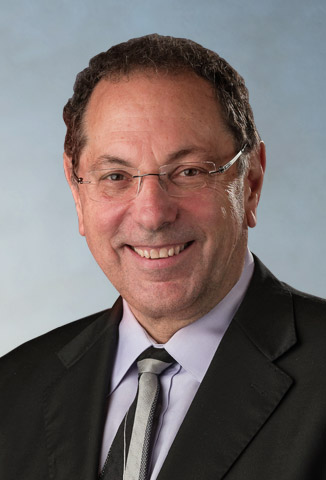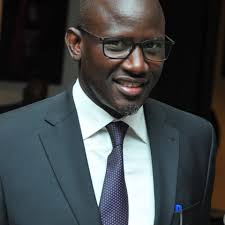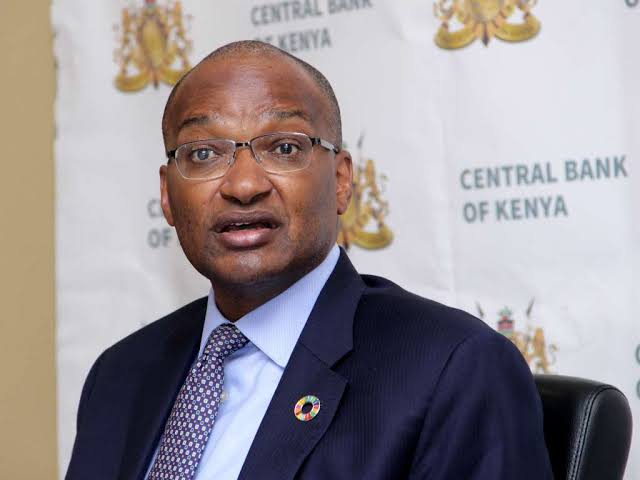Nigeria Gets $288.5 Million as COVID-19 Response Support Program
To help the Nigerian government mitigate the impact of the slump in oil prices on her economy and also tackle the menace of the Covid-19 pandemic, the African Development Bank has approved a $288.5 million loan to help Nigeria tackle the COVID-19 pandemic and mitigate its impact on people and businesses. The loan will bolster the government’s plans to improve surveillance and response to COVID-19 emergencies, ease the impact on workers and businesses and strengthen the social protection system.

Nigeria, Africa’s most populous nation and the continent’s largest oil producer, is facing twin crises – a health epidemic caused by COVID-19, and an economic crunch largely occasioned by a global oil price plunge. As of June 5, the country reported 11,516 coronavirus cases, 3,535 recoveries and 323 deaths. The loan is the Bank’s initial response to help mitigate the slump in oil prices and its impact on the national economy. About 40.1% of Nigerians live below the poverty line of $1.90 per day and it is feared that the fall in household income during the pandemic will result in wealth deterioration for both the formal and informal sector workers.
Read also:https://afrikanheroes.com/2020/06/02/covid-19-morocco-launches-wiqaytna-tracking-application/
“The proposed program will ensure that the fiscal position and the economy are sufficiently supported to weather the COVID-19 shocks, thereby limiting its potential adverse impact on livelihoods and the economy more generally,” Ebrima Faal, Senior Director of the African Development Bank for Nigeria said. Prior to the COVID-19 outbreak, Nigeria’s economy was projected to grow by 2.9% of GDP in 2020 and further expand by 3.3% in 2021. But with the advent of the pandemic and the slump in crude prices, the economy is expected to shrink by between 4.4% under a conservative baseline scenario, and 7.2% should the pandemic persist to end-2020.
Faal said beyond the country’s immediate economic recovery needs, the Bank and other development partners, will dialogue with the government on proposals for medium-term structural reforms to diversify and boost domestic revenues away from the oil sector. The Bank has instituted strong fiduciary measures to monitor the use of COVID-19 funds, and will maintain dialogue, particularly with the Office of the Auditor General in Nigeria, to ensure adherence to the transparency and accountability of the funds, Faal said.
The Bank’s intervention aligns with its COVID-19 Response Facility (CRF); Ten-Year Strategy (2013-2022); and High 5 priorities, especially “Improve the quality of life for the people of Africa”. It is also consistent with the second strategic pillar of the recently approved Bank’s Country Strategy Paper 2020-2024 for Nigeria.
Kelechi Deca

Kelechi Deca has over two decades of media experience, he has traveled to over 77 countries reporting on multilateral development institutions, international business, trade, travels, culture, and diplomacy. He is also a petrol head with in-depth knowledge of automobiles and the auto industry


















